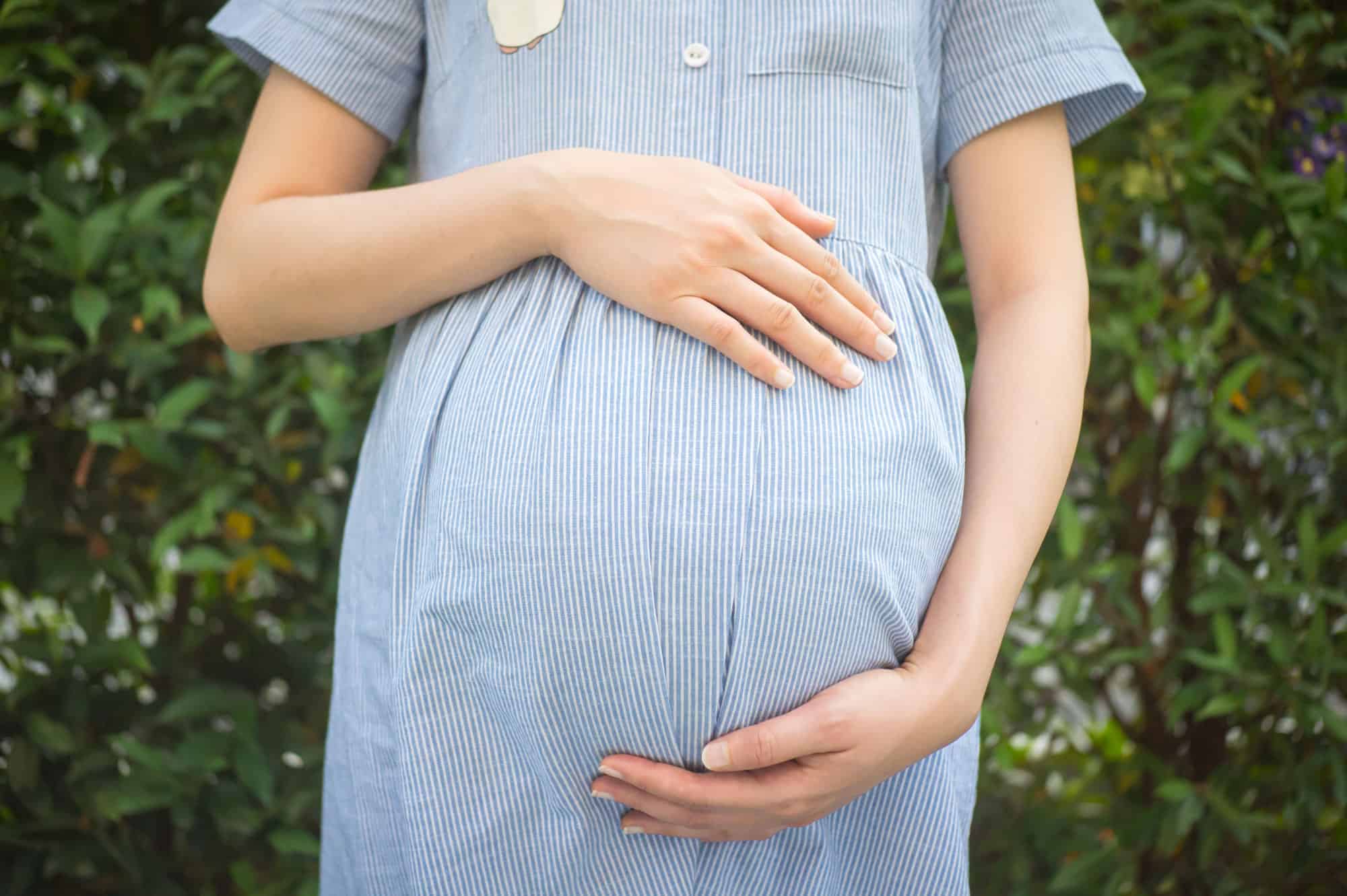What You Need to Know About Iron During Pregnancy

Anemia is a condition that refers to a lack of healthy red blood cells. In addition to blood loss, anemia can be caused by deficiency of iron, folic acid, or vitamin B12, since all of those nutrients are used to build red blood cells. Anemia is common during pregnancy and low iron is frequently the reason for anemia at this time. When you’re pregnant you need about twice the amount of iron you did before you were expecting – roughly 27 mg per day.
It’s normal to be mildly anemic during pregnancy as the body is making more blood to nourish the baby. But more than mild anemia can put you and baby at risk for health complications. Get tested for anemia at your first prenatal visit and be aware of the symptoms of anemia that might arise. Fatigue, headaches, dizziness, pale gums, and difficulty concentrating are warning signs for anemia. Enjoying plenty of iron-rich foods throughout pregnancy helps stave off low iron levels. These include green leafy vegetables, liver, red meat, sardines, tofu, beans, and legumes. However, even with careful food choices iron stores can drop.
Iron supplements while expecting
Low iron levels can be slow to rise, and there’s no time to waste when there’s a bun in the oven. This is why iron supplements can be highly valuable during pregnancy. Common forms of iron supplements, such as ferrous gluconate, are notorious for causing nausea and constipation. This is the last thing most pregnant women need. Iron bisglycinate is much gentler on the stomach and easier on digestion. Look for this form in combination with vitamin C and copper, both of which boost absorption.
When not to take iron
Not all women should take iron supplements during pregnancy. Iron supplements have not been shown to benefit pregnant women with normal iron levels. Be sure you have a blood test showing low iron before supplementing, since it is possible to have too much iron. Normal hemoglobin levels before and after pregnancy are between 120 to 160 g/L. During pregnancy normal hemoglobin is slightly lower, between 100 to 140 g/dL.
Many pregnant women take calcium supplements and/or antacids. Be sure to take these 2–4 hours apart rom iron supplements to avoid interfering with iron absorption. Likewise, coffee and tea can slow iron absorption, so avoid combining these.
Having a healthy pregnancy and optimizing outcomes for mom and baby requires special attention to diet and lifestyle as part of complete prenatal care. A properly balanced iron supplement that is gentle on digestion can make a big difference in providing all the key nutrients needed at this time.
References
https://www.canada.ca/en/health-canada/services/food-nutrition/reports-publications/nutrition-healthy-eating/prenatal-nutrition-guidelines-health-professionals-iron-contributes-healthy-pregnancy-2009.html
